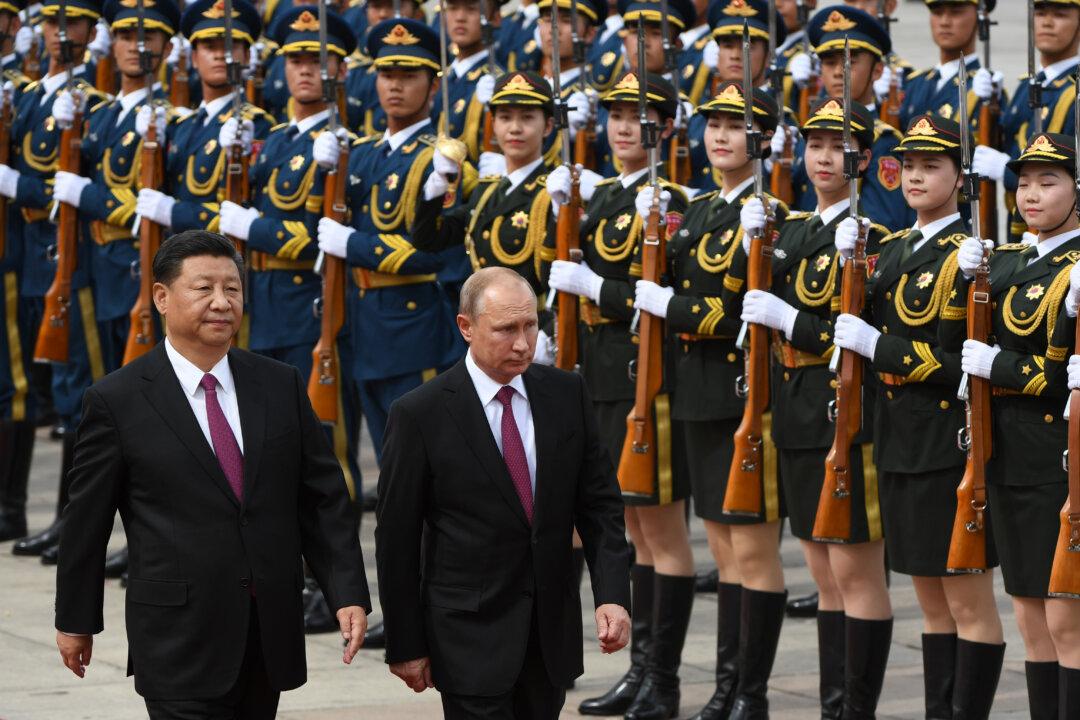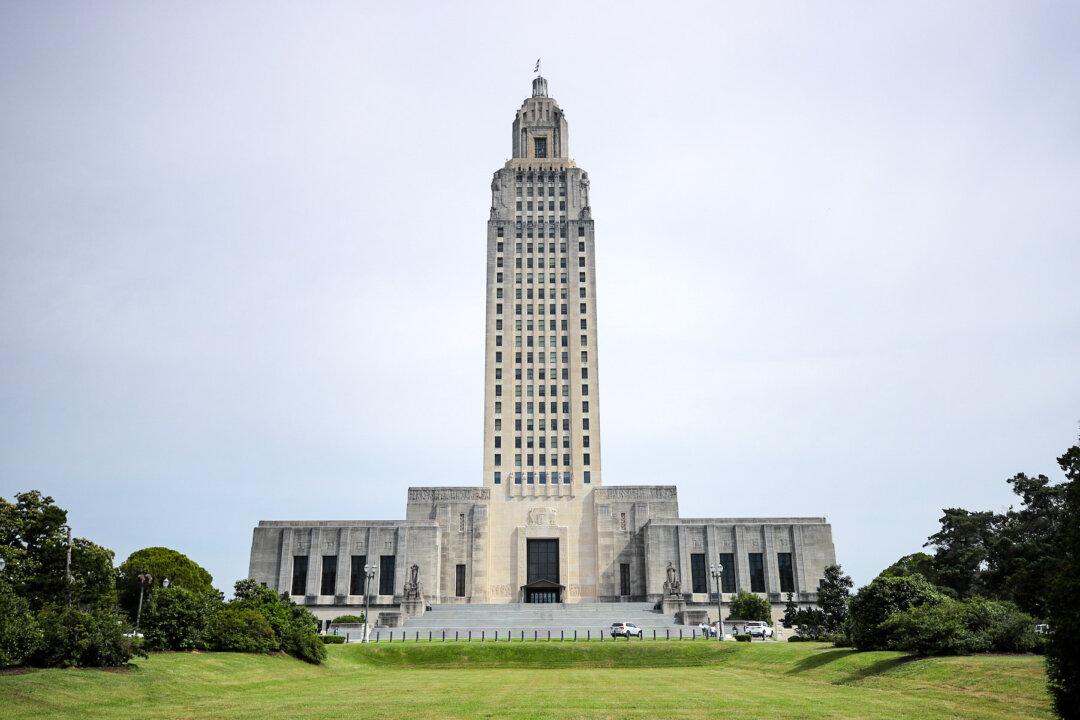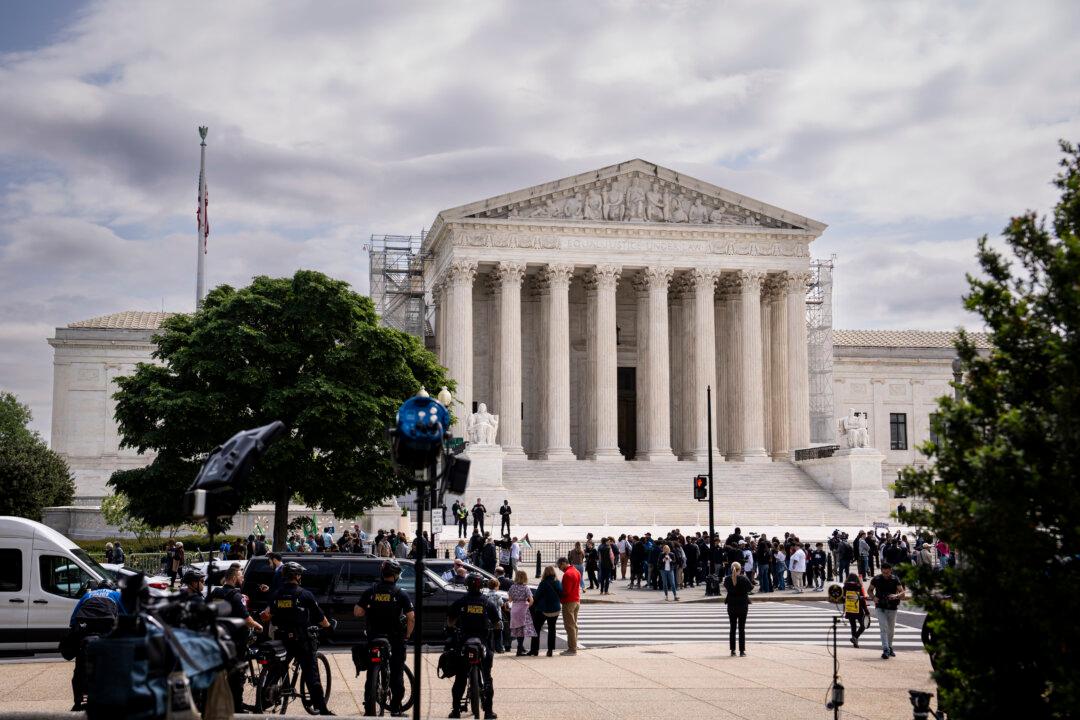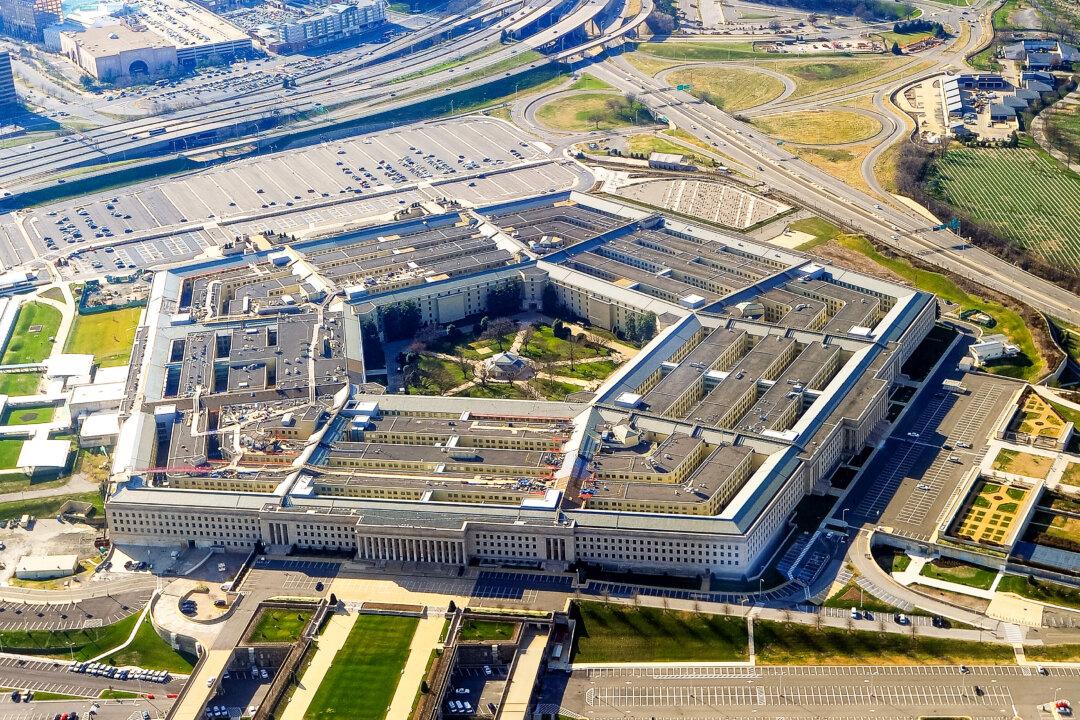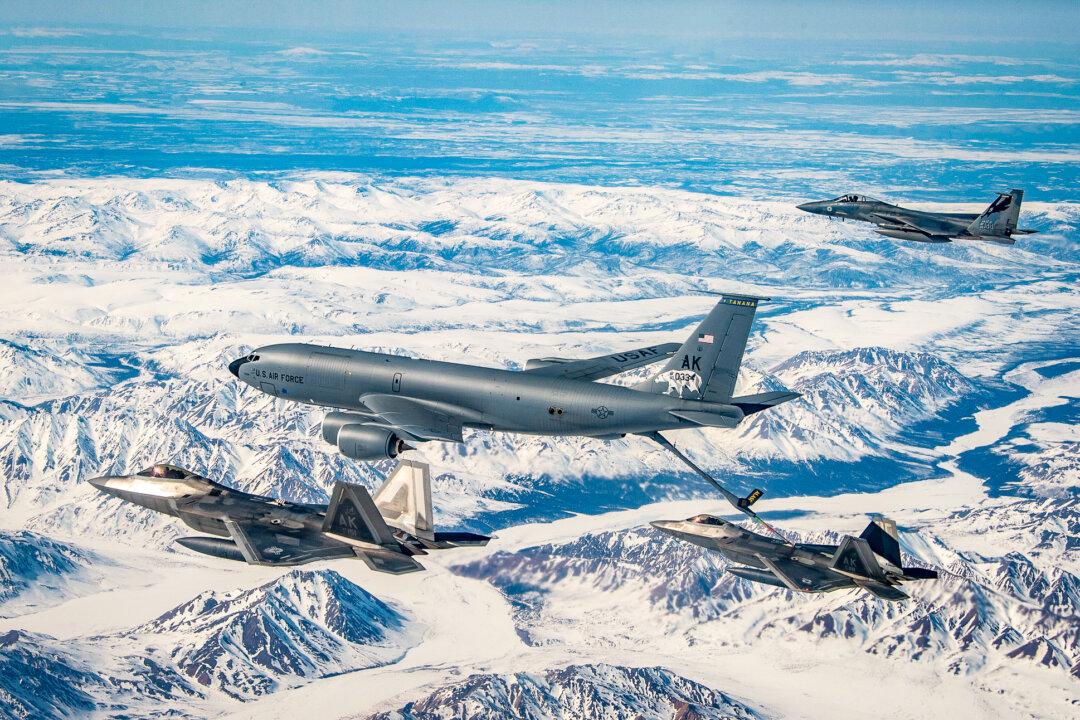Fifty years after Richard Nixon and Mao Zedong’s historic 1972 handshake, the geopolitical world order is once again reshaping. The world is now watching a growing alliance between Beijing and Moscow.
Chinese Communist Party (CCP) leader Xi Jinping and Russian President Vladimir Putin met in early February on the opening day of the Beijing Winter Olympics. The meeting could have granted an opportunity for Xi to urge Putin to pursue diplomacy with Ukraine and de-escalate tensions between the two countries. Instead, the Chinese regime appeared to have looked the other way as Russia planned its advances on its neighbor.
